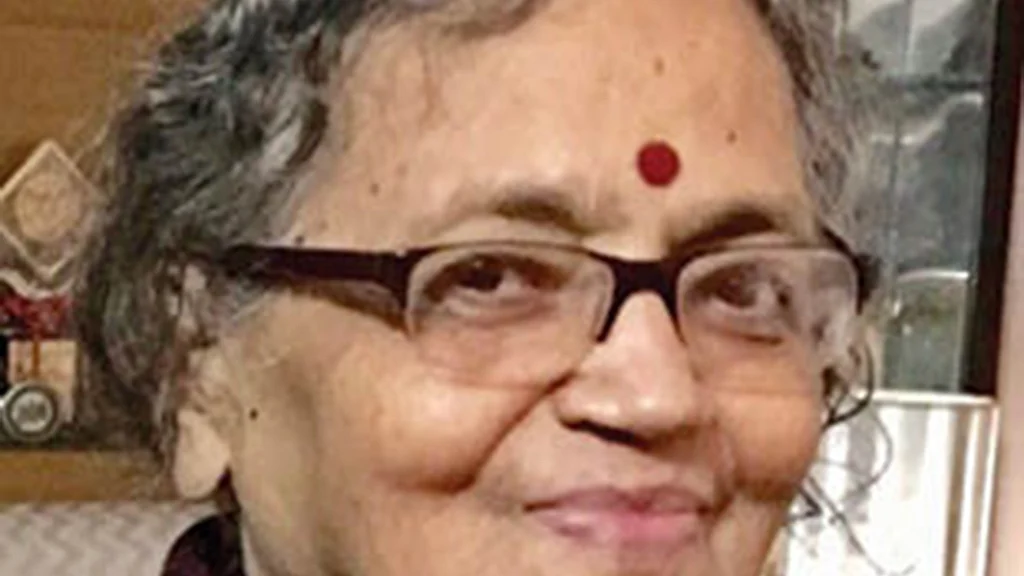‘Writers must have love & empathy’
Translator Malati Mukherjee poses five questions to author Manjari Chatterjee about writing and the need for introspection for words to flow

Dr Manjari Chatterjee - poet, author, scholar and ex-Professor of Bengali - now in her 70s, continues to write, to travel, and stay deeply involved in the curiosities of life. She has written and published many stories and articles, has had two anthologies of poetry and children’s stories published to acclaim — ‘In Our Dreams the Grain is Golden’ and ‘The Magician Who Captures Shadows’.
1. Does writing change a writer? How?
Writers must have a philosophy, a worldview and a strong belief in people and in life. Whether materialistic or spiritual, this faith has to be resolute. This faith will flow as music through their writings and resonate in various characters created by them. It remains unchanged whether their story is one of happiness or sorrow. However, change in a writer or the writing, takes place when beliefs change, usually caused by the writer’s own life-experience. When life-experience changes beliefs, the writing will also change, to reflect it.
2. Should a writer try to change society through his writings or just reflect it? Or not do either?
A writer loves to write and finds joy in writing – this is the most critical aspect of being a writer. The best and worst in society will find expression through the writer’s words, presenting new perspectives and expanding the minds of readers. It will encourage aspiring writers.
Writers are not social workers. But the hope is that because they are keenly aware of, and alert to, the present reality of society - in a delicate balance between the past and future - they will hold up an appropriate picture of this reality. Then the reader also becomes party to that understanding. If the reader can relate to the character or opinion of the writer then both are served.
3. Which is your all-time favourite book?
I think it is Rabindranath Tagore’s ‘Chaturanga’. The mind is drawn not just by the storyline; that is over with one reading. The opinions expressed through dialogue and descriptions are what force readers to reflect.
(The story of the novel follows the journey of a young man named Sreebilas (the narrator), his meeting with his best friend, philosopher and guide Sachis, the story of Damini a widow and Jyathamoshai, an idealist).
The 4 characters in Chaturanga are engaged in introspection and self-analysis, against the backdrop of the various events that occur. In Sachis’s words, ‘Man does not live by form alone; so he searches for the formless. And He who is the ultimate formless, comes seeking form!’ This is a great thought.
But this is not all. I find the rest, through Ramakrishna (Paramhansa)’s words, and some of it through the Mahabharat.
4. What are a few essential traits of an aspiring writer?
Aspiring writers’ must have love and empathy. Their philosophy should be expressed through their writings. The faith should be tested through that expression. It is important to be unbiased. The language must be attractive and the style fresh, not monotonous. Literature ultimately means experiencing the truth of life.
5. What are some common traps for aspiring writers?
Aspiring writers must not think that readers will indiscriminately read anything they write. Sometimes under the garb of expressing inner feelings or the mental world of characters, undue indulgence is given to social crimes. If language is not skilful, their writings may come through like newspaper reports. To bring something not so beautiful to literature, the writer has to be extremely talented and convincing. It is also best to avoid seeking instant popularity.
Follow us on: Facebook, Twitter, Google News, Instagram
Join our official telegram channel (@nationalherald) and stay updated with the latest headlines